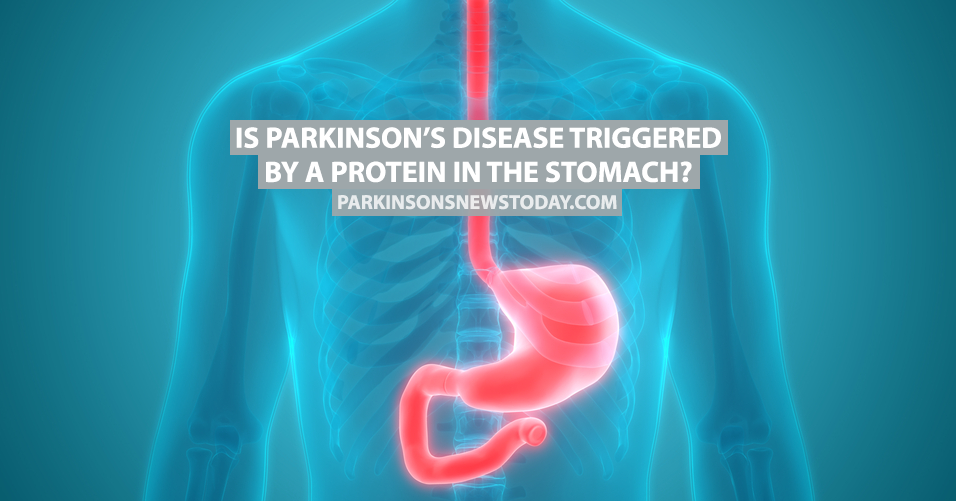Is Parkinson’s Disease Triggered by a Protein in the Stomach?
Written by |

A recent study has found that Parkinson’s disease could be triggered by a protein in the stomach that travels to the brain through the vagal nerve. Researchers found that those who had the vagal nerve removed had a 40 percent lower chance of developing the disease.
MORE: Varying thresholds for Parkinson’s protein toxicity form the basis of new disease theory.
Vagotomies are often performed on those who have chronic duodenal ulcers or a gastric outlet obstruction. The Swedish study compared the medical histories of 9,400 people who’d had a vagotomy to 377,000 who hadn’t had the procedure over a 40-year period.
According to the Daily Mail, 101 people who had a vagotomy went on to develop Parkinson’s disease (or 1.07 percent) compared to 4,829 people (or 1.28 percent) who still had their vagal nerve intact. Those who had undergone a truncal vagotomy were even less likely to have developed Parkinson’s disease (0.78 percent).
Other evidence that Parkinson’s disease may start in the digestive system is the fact that many Parkinson’s disease patients report GI problems like constipation years before the onset of any Parkinson’s symptoms.
MORE: A Danish study also points to Parkinson’s disease starting in the gut.
Parkinson’s News Today is strictly a news and information website about the disease. It does not provide medical advice, diagnosis or treatment. This content is not intended to be a substitute for professional medical advice, diagnosis, or treatment. Always seek the advice of your physician or another qualified health provider with any questions you may have regarding a medical condition. Never disregard professional medical advice or delay in seeking it because of something you have read on this website.


